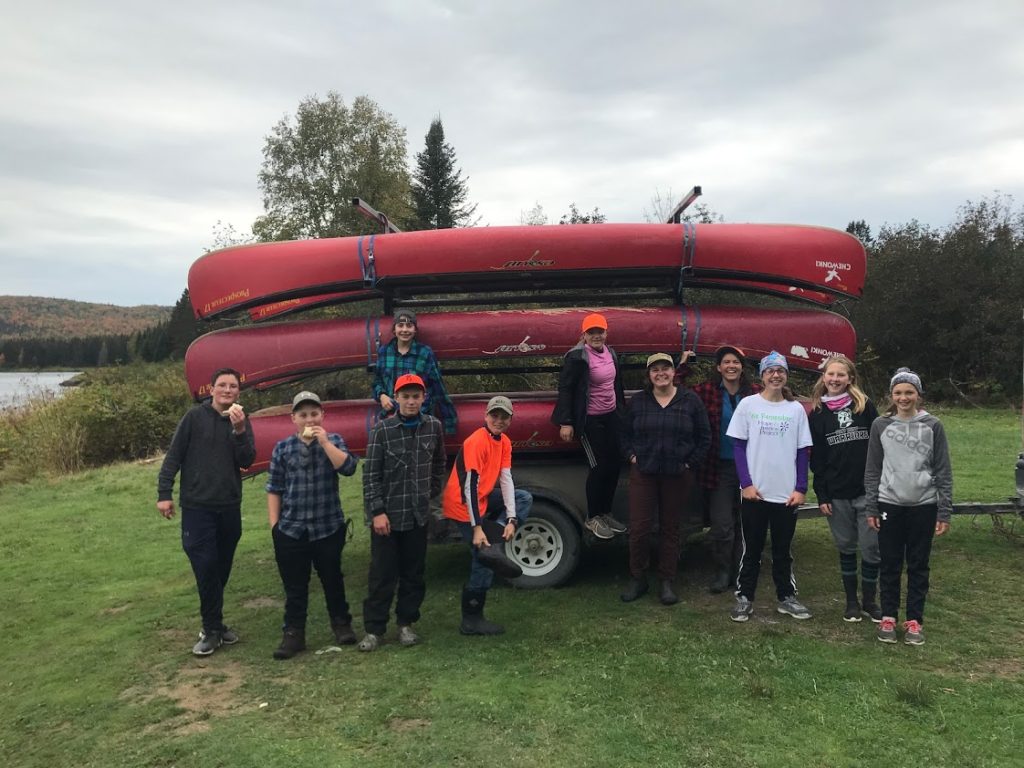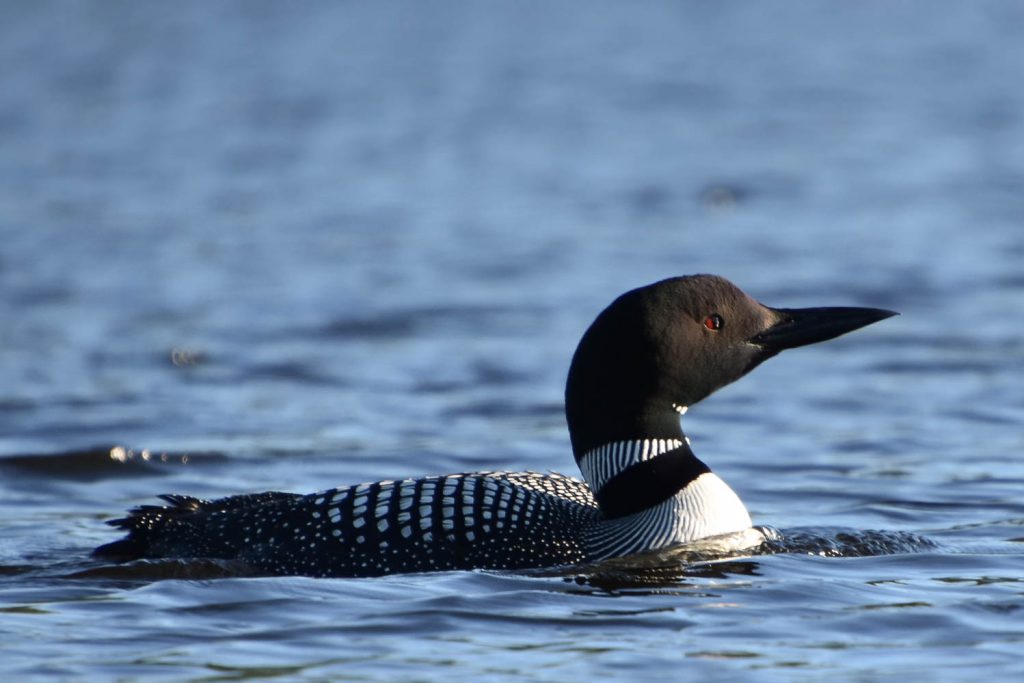2021 Annual Message from Board President Bob McIntosh
A year ago I wrote that the future is full of uncertainties. While uncertainties still exist, regarding COVID-19, our country and we are now in a much better place. Each of us has faced multiple challenges over the last year, yet collectively the AWWF has weathered the storm well. The AWWF board has deepened its commitment, especially with our new members, and made strategic and tactical advances in our organization and major program areas.
First and foremost, I want to again express our collective thanks to Matt LaRoche for his 45 years of service in Maine’s Bureau of Parks and Lands, and especially for his 12 years of outstanding leadership as Superintendent of the Allagash Wilderness Waterway. At the same time we want to welcome Mark Deroche as Matt’s successor and wish him well in the work ahead.
We look forward to working with him and Waterway staff in the next year and in years to come. The Bureau of Parks and Lands and the Waterway staff deserve our continued appreciation for the work they do and for the often-extraordinary tasks they do so well.
As we transition through our 10th year, we can proudly advance the AWWF mission from a solid base. Our central priorities remain the Youth on the Allagash initiative, the Natural Resource Inventory and Monitoring project, and the First Light Learning Journey engagement with members of the Wabanaki Nations.
Allagash Brewing Company, L.L. Bean, Wicked Joe Organic Coffee, the Maine Community Fund, Drummond Woodsum and most recently the Perloff Family Foundation and the Quimby Family Foundation have generously funded the Youth on the Allagash initiative over the years. As a result, this year we are adding a 4-day trip to the 2 existing 3-day youth trips on the Waterway, will pilot 3 one-week Canoeing and Water Safety day camps for middle school students in the St. John Valley; and launch the Classroom to River experiential learning project with the 3 middle schools in the St John Valley.
 In short, Youth on the Allagash is aimed at addressing the widely recognized “nature deficit disorder” while teaching life-long outdoor and healthy lifestyle skills; building leadership and self esteem; affirming a sense of place through knowledge, appreciation and stewardship of the areas natural and cultural resources; and developing and launching a place-based experiential STEAM curriculum and exploration of career opportunities in northern Maine. AWWF leadership is now engaged in developing sustained funding for Youth on the Allagash, and expanded funding for other priority activities.
In short, Youth on the Allagash is aimed at addressing the widely recognized “nature deficit disorder” while teaching life-long outdoor and healthy lifestyle skills; building leadership and self esteem; affirming a sense of place through knowledge, appreciation and stewardship of the areas natural and cultural resources; and developing and launching a place-based experiential STEAM curriculum and exploration of career opportunities in northern Maine. AWWF leadership is now engaged in developing sustained funding for Youth on the Allagash, and expanded funding for other priority activities.
The Natural Resource Inventory, Ecological Assessment and Monitoring (NRIM) project was initiated in the Fall of 2020 and the first, of two field seasons, is already underway.
Janet McMahon, the principal investigator, spent three days in June in the Telos Lake area. She reports that the warm, early Spring prompted early leaf out with trillium and trout lily already past, and dry vernal pools and tributary stream levels already low. Janet reports that warblers were abundant (she heard/saw parula, black throated green, black throated blue, redstart, yellow throat, chestnut sided, yellow, black and white). She observed on the northeast shore of Telos a small, but classic example of a red pine-white pine forest community. Based on core samples many trees are well over 100 years, and one red spruce was likely over 200 years old.

The inventory phase of this project will give us mapped documentation of the characteristic flora and fauna of the Waterway and provide a solid baseline to monitor ecological changes, especially the impacts of climate change. NRIM was initially funded with a grant from the Davis Conservation Foundation, individuals, and most recently significant grants from the John Sage Foundation and the Maine Outdoor Heritage Fund. We are continuing to pursue funding for years 2 and 3.
Three AWWF board members and the AWWF coordinator continue to participate in the First Light Learning Journey. As the current 2020-2021 cohort comes to a close, we have initiated an exchange with the Wabanaki Commission on Land Conservation and Stewardship, and offered support and opportunity to have Wabanaki youth and elders tell the story of the Wabanaki along the waters of the Allagash.
Allagash Explorer continues to sell at a steady rate and the AWWF recently partnered with the Northern Forest Canoe Trail to embed Allagash Explorer into the NFCT Allagash Wilderness Waterway download-able app. The AWWF is also pleased to see that the Waterway’s Artist in Residence program initiated in 2020 will repeat again in 2021.
I conclude this annual report with the recognition that sustaining the Foundation’s expanding programmatic efforts will require increased contributions from ourselves, our current and new individual donors, our expanding list of business partners, and foundations. There is a lot of work we’ve together done well, and more to be done better to sustain our efforts. I want to recognize and especially thank the contributions of Denise St. Peter, the AWWF Coordinator, and each and every member of the Board for shepherding us through an important and formative year. I look forward to working with all of you to make FY 2022 a most successful year.
Bob McIntosh, Board President
